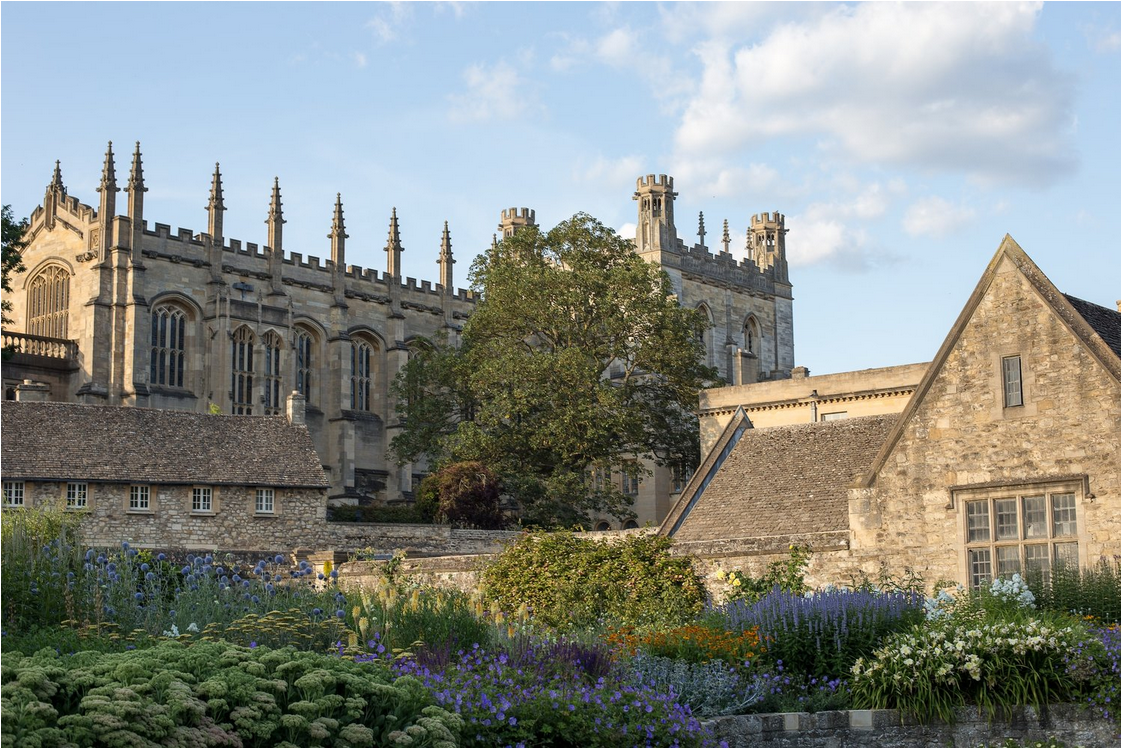
Heritage Crime and Church Conservation: What Is to Be Done? | Jacob Atkinson
“The complacency and reluctance of the intellectual establishment to deviate from a message of cultural diversity further divides the official response to heritage crime and church conservation.”

What we can learn from the Duke of Edinburgh | OC Comment
Prince Phillip was a citizen who respected institutions and wider society by sacrificing personal gratifications in their service. He sacrificed innumerable evenings at home in front of the TV during his 22,191 solo public engagements and doubtlessly gave up far more in the course of his service to the nation. We can all hope to measure up, in some small way, to his example, and recognize our duty and commitment to those around us.

The sanctity of history | Dan Mikhaylov
What Britain so desperately requires is a stronger emphasis on national history – on producing a comprehensive and convincing historical narrative that would both reflect our civic values and transmit them from one generation to another. This undertaking is what the British philosopher Ernest Gellner would have considered a “nationalism-inducing situation”; in his renowned 1983 publication, Nations and Nationalism, he presents a strong argument that nationalism in the form we concatenate to the advent of European nation-states was a nineteenth-century phenomenon, which originated in something called the “national consciousness”. The latter in turn constituted a product of cultural homogenisation, linguistic standardisation, political centralisation, and the creation of a shared history.

We learn from history not to erase history | Adam James Pollock
History is important, not only to commemorate the achievements of nations or individuals, but also to learn from their mistakes. Subsequently, the best way to understand why such abject destruction of history is objectively bad, we must look at the lessons which history itself bestows us on this topic.

The Palace of Westminster demonstrates that historical tradition serves a purpose | Sam Hall
Westminster Hall for example, was built in 1097 under King William II using techniques that challenge our historical conceptions of what was architecturally possible at the time. The Parliamentary Estate therefore is a museum unto itself, with features that pre-date most modern countries. Yet it is also a modern working environment (save for the lack of air conditioning which renders everywhere but the green benches uncomfortable hot at times. You cannot really open a window!) for the hundreds of MPs, Lords, their staff and the many that support them, from armed police officers to the gift shop manager

In praise of the landed gentry | Cornelius Christian
It is better, instead, for our elite to be tied to the ground from whence they came. An earl with hectares of farmland must deal amicably with those under his patronage. He is known in the countryside by name, and the common good dictates that he ensure his tenants’ wellbeing: otherwise, his family name is soiled into disrepute.

How a cursory history of British education helps us formulate solutions for the future | Alex Brown
Education is at the heart of Britain’s civic life and culture; we are talking about tomorrow's bricklayers, plumbers and builders, as much as its scientists, doctors, and politicians. Not every child is extraordinarily gifted, and nor should they be, but that doesn’t mean they are any less valued in the country and that less attention should be due to them. My three-point plan is but a brief snapshot of many policy ideas I have in improving British education.

Duty’s spectacular decline in Western nations | Tom Colsy
It is no coincidence that at the height of America’s civilisational prowess, President John F. Kennedy instructed citizens not to ask what the country could do for him, but instead ponder what he could do for his country. We could relearn a thing or two from that 1961 inaugural speech. Or, at least, take heed of G.K. Chesterton’s words, that “men did not love Rome because she was great. She was great because they had loved her”.

Britain’s long campaign against slavery | Dominic Lawson
The murder of a man five thousand miles away has prompted anger. But elements within our own population have seized upon it for political purposes. This is intended to demoralise the British people into being ashamed of their history. One key aspect of this has been the role of the British empire in the African slave trade. Weaved into a grand narrative which, alongside empire, posits that the British people are uniquely contaminated with a form of secular original sin.
